How Bengaluru Law School Alumni Gave Wing to Hopes of Migrants Stranded Because of Covid-19 Lockdown
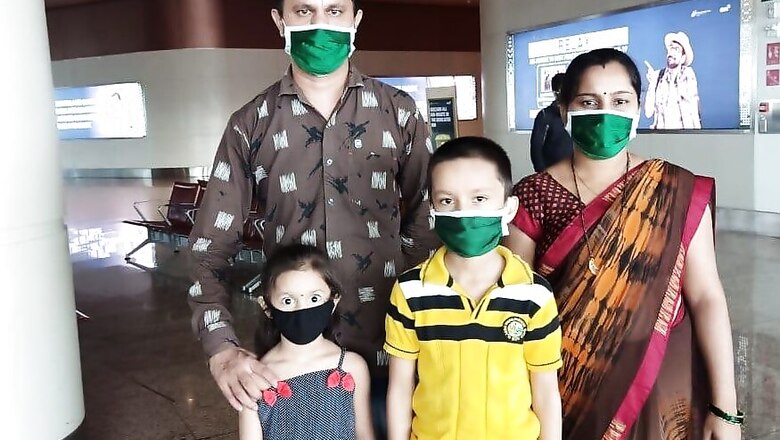
views
Bengaluru: Shyel Trehan and her fellow alumni from the National Law School of India University in Bengaluru ticked off a target this week that they had never envisioned for themselves earlier—that of getting enough money to charter ten flights.
But these are unprecedented times, and they call for unprecedented goals. And chartering ten aircraft was not for herself, but for a section of people they had identified as the most vulnerable. They included a labourer who wanted to take his two children back to his village after his wife died for lack of access to medical facilities during the Covid-19 lockdown, a 66-year-old grandmother who did not even own a not-so-smart phone, an auto-rickshaw driver who had lost his home and his means of living, and some masons and carpenters: nearly a thousand of those who had been driven to despair.
"What we wanted to do was identify the most vulnerable—those who don't have a roof or food, who are in such dire economic straits that they cannot get a meal today, they could not ride out the lockdown," said Trehan, in a telephonic interview.
The NLS alumni had initially started discussing in their WhatsApp group how to help migrants stranded away from their native villages, when one of them proposed the idea of arranging a bus or two. They talked over costs with bus companies, realised that if they had to send a bus it could barely carry 26-40 workers with social distancing norms, the costs would work out almost the same as a chartered flight, and a flight could take 180 at a time. Trains weren't plying when the effort started, and even now don't connect all destinations.
The alumni then went around crowdfunding for one flight, later two. Then the idea gradually grew, with the goal of funding ten chartered passenger jets across the country in three weeks, under what they called 'Mission Aahan Vaahan'.
Five of these flights have already ferried poor migrant workers, while two more will take wing over the next week.
Then they set about identifying the ones they wanted to ferry through a network of NGOs. Once a shortlist was drawn up, the alumni personally tracked down each of the eligible ones to see if they met the criteria of most vulnerable.
"We really study it at a micro level. Our priorities are people who have lost their shelter entirely, living on donated foodgrains and rations; daily wagers with no savings, unorganised sector workers with no safety net and who had lost their jobs. Some of them were in such desperate financial straits that they were just coming straight off a construction site with a tiny backpack," Trehan said.
Initially, many of these workers couldn't believe that someone would want to put them on a flight, her friend and co-alumnus Talha Salaria said.
"For them it was too good to be true. Some worried that it was a scam, some worried they would be asked to pay when they reached their destination. They just couldn't believe that someone would help them out like this," Salaria said.
Since they had never seen an aircraft before, the migrants were taken aback when they were told about what is not allowed on-board. So, at the airport, out came shovels, brick-laying equipment and hammers.
"They all went through their bags. They had so many tools out there, and we had to tell them you can't take this in the plane. One had a pressure cooker she had newly bought, she asked us if she can take it—for her, it was the most precious possession," Salaria told News18.
That these workers had all gone through a lot, was clear right from the beginning—either they had lost jobs or had lost both jobs and wages, were living on basic sustenance and in shelters, some did not even get that. At the moment of uncertainty and insecurity, all they wanted was to "go home". One of them was so grateful he made it home safe, that he called up Salaria to thank her—a call that went on for 20 minutes because almost everyone in the village wanted to talk to her to thank her.
"I think we have all realised that while each of us can make a difference by doing our bit for different causes, collectively we can make even more of a difference. It's just a question of taking action, doing what we can. We have all realised there is so much we can do, that we could actually help nearly a thousand migrants," Salaria said, overwhelmed by the experience thus far.












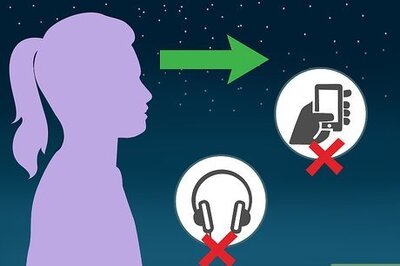

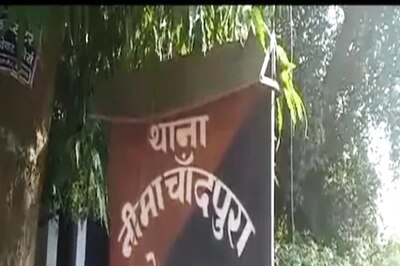
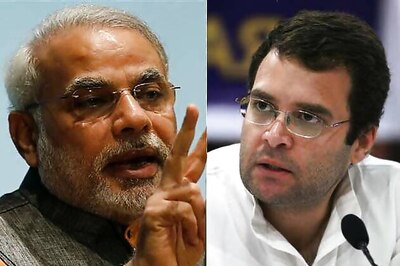

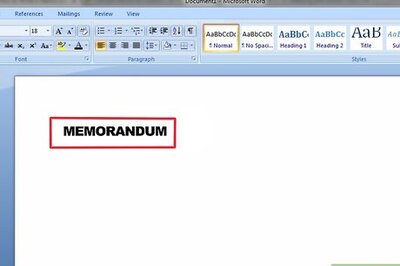

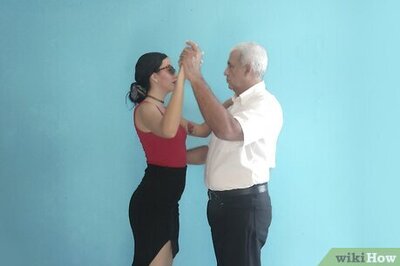
Comments
0 comment